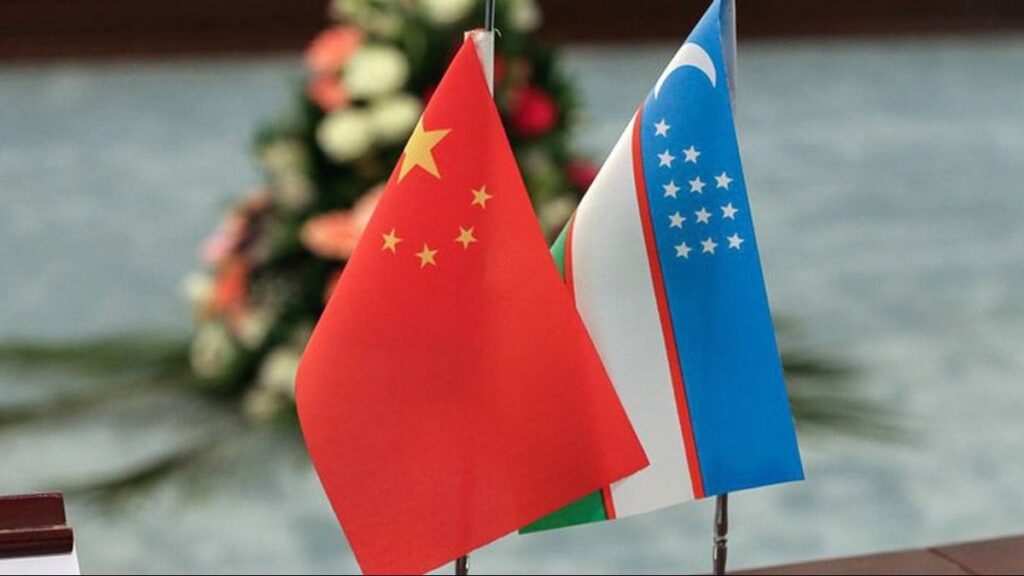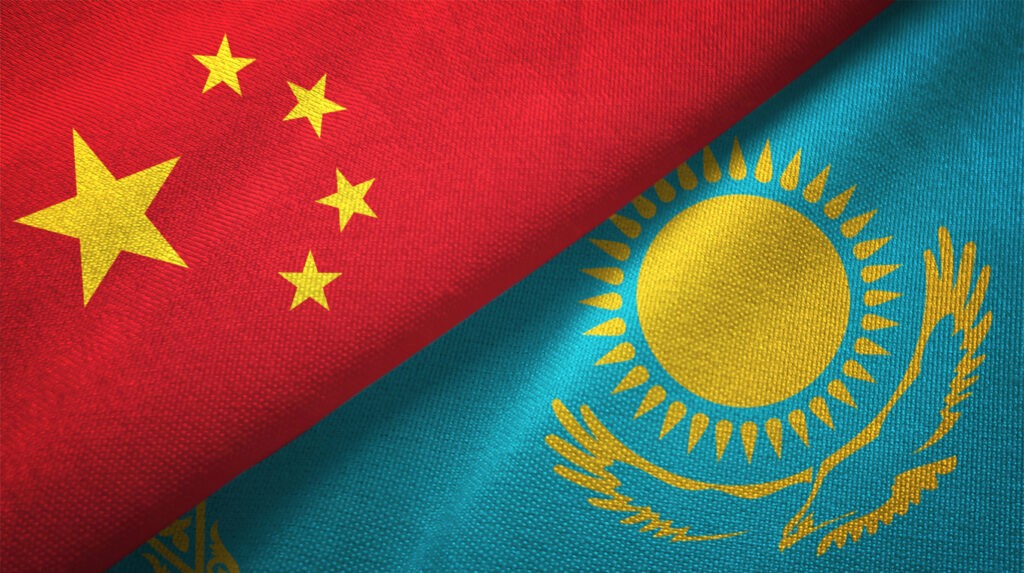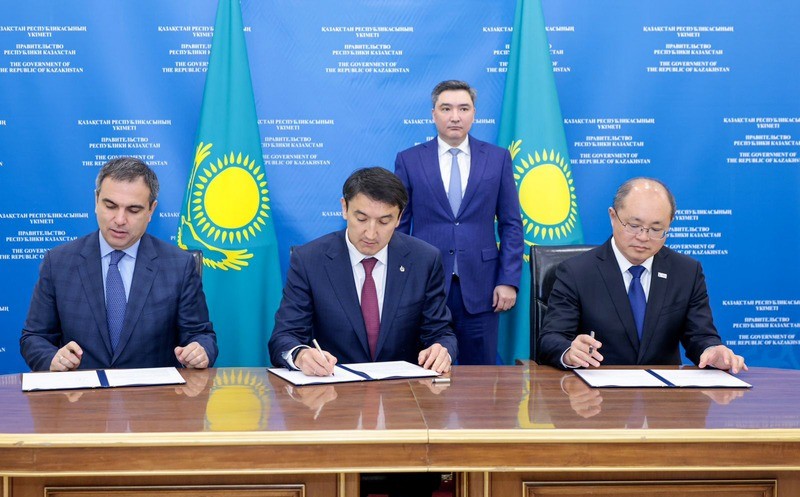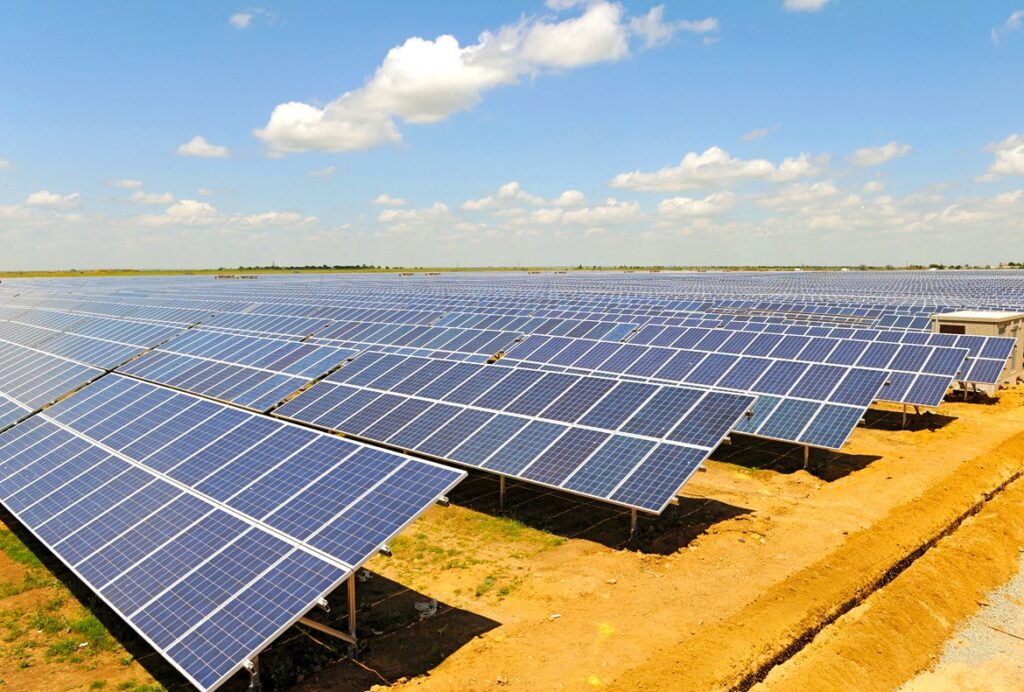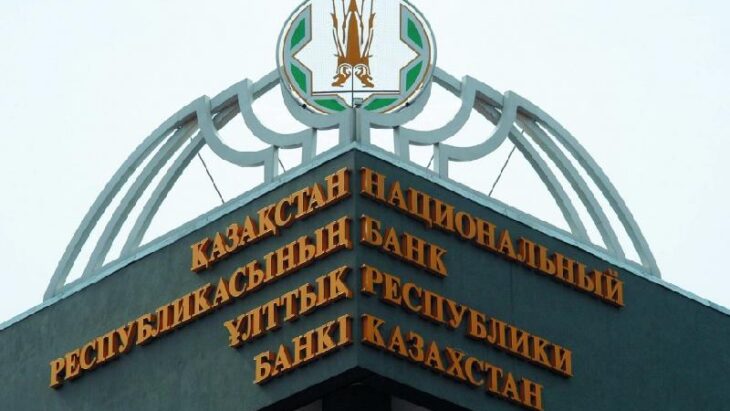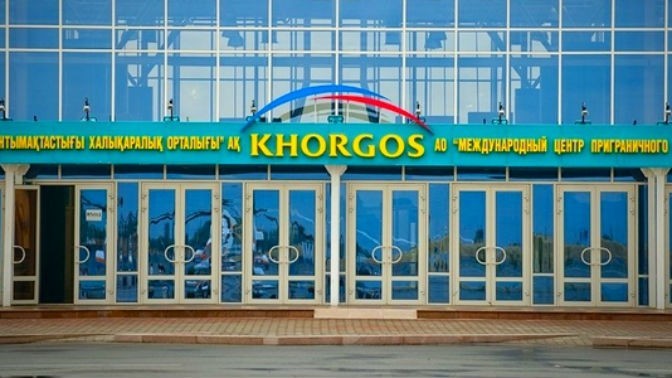China Remains Uzbekistan’s Top Trade Partner
In the first three months of 2024, the value of bilateral trade between China and Uzbekistan reached $2.1 billion. During this period, Uzbekistan's exports to China totaled $349.4 million, whilst imports from the People's Republic of China (PRC) reached $1.7 billion. This trade flow reflects a significant surplus in the PRC's trade balance, indicating a steady demand for Chinese goods. According to the Uzbek statistics agency, trade with China accounts for 21.5% of the country's total foreign trade. The number of companies with Chinese investments is steadily growing in Uzbekistan - at the beginning of April, there were 2,501 of them, up 7% compared to the end of last year. At a meeting of the leaders of Uzbekistan and China in Beijing in late January, 2024, Presidents Mirziyoyev and Xi agreed to prepare programs of cooperation in infrastructure development, industrial cooperation, technology transfer in agriculture, and green energy. Last year, Chinese companies commissioned two solar power plants in Uzbekistan with a capacity of 1,000 MW. Mirziyoyev and Xi said bilateral trade turnover between the countries could reach $20 billion annually. The two sides see great potential in the construction of the China-Kyrgyzstan-Uzbekistan trunk-line railroad. According to various estimates, this multi-modal corridor will reduce the distance of cargo delivery to Europe from China by 900 kilometers, saving 7-8 days of transit time.


